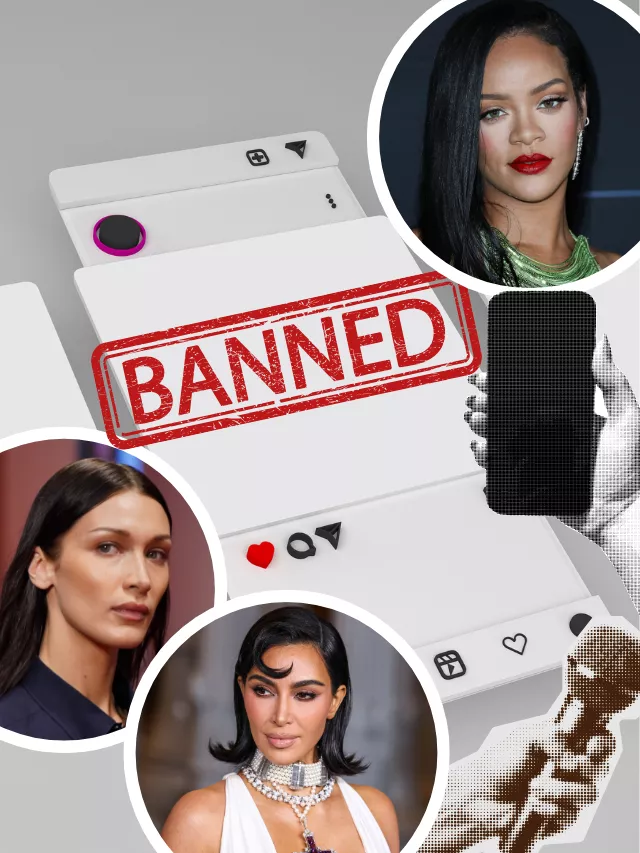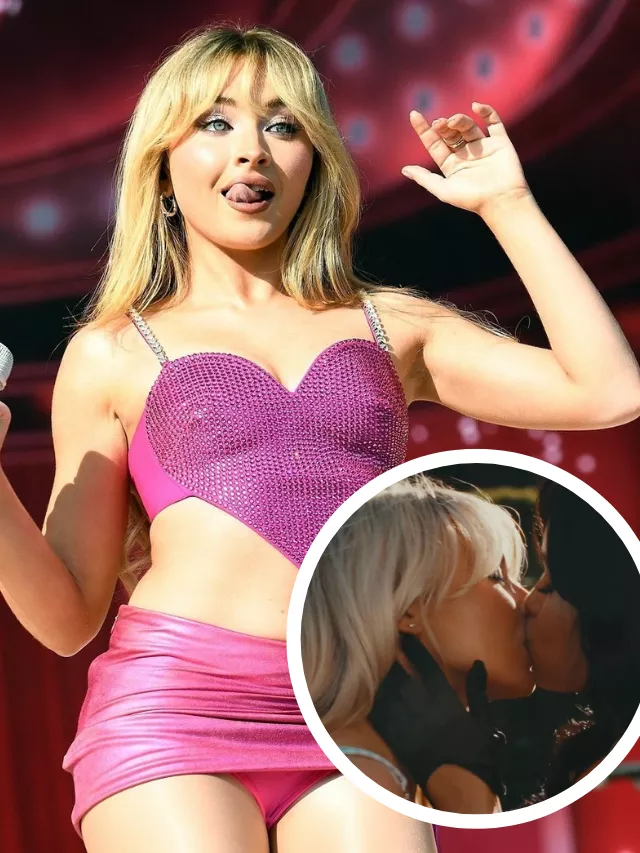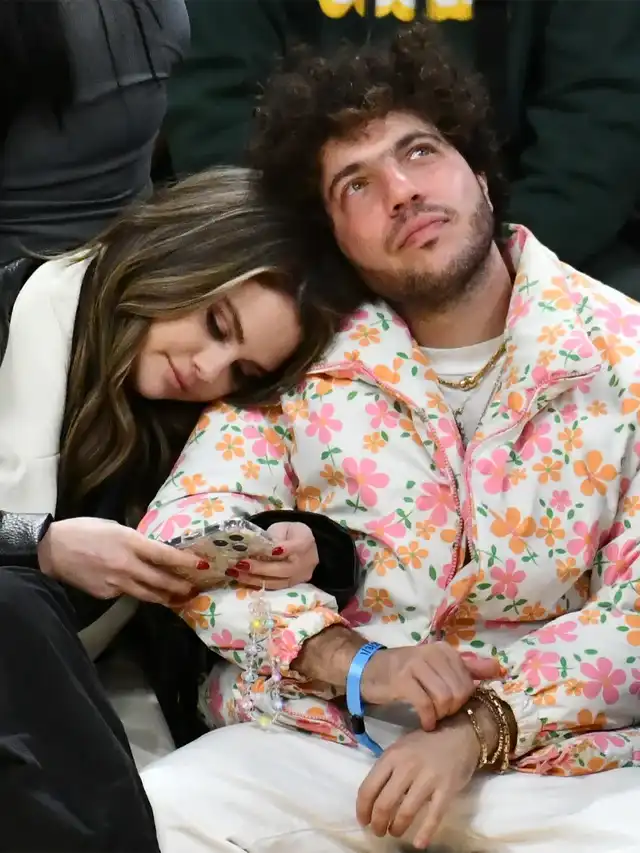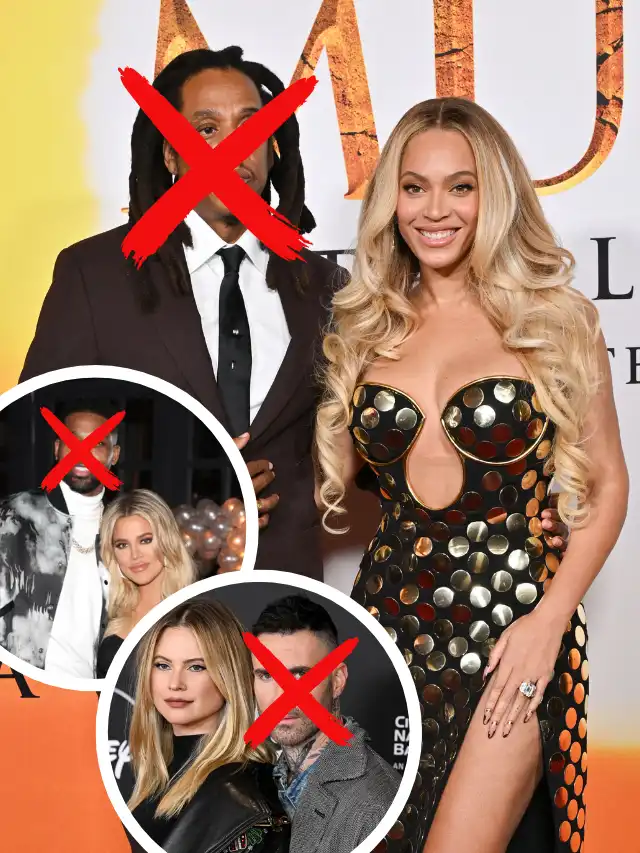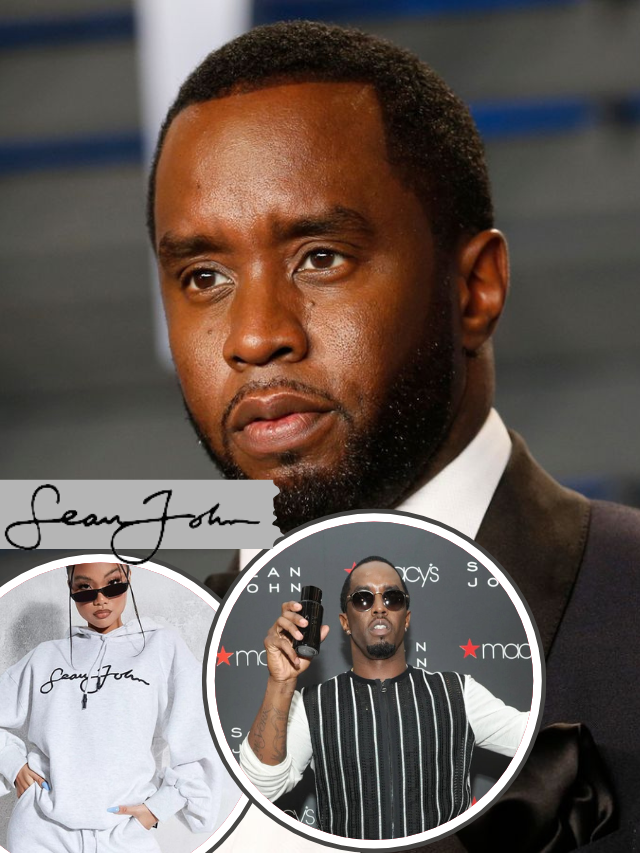Last Updated on March 5, 2025
Are We Really Free Online? The Rise of ‘Digital Prisons’
Social media was once seen as the great equalizer—a space where voices could be heard, movements could grow, and injustices could be exposed. But what if that freedom was an illusion?
With the increasing prevalence of shadow banned users, content suppression, and algorithmic censorship, it’s clear that social media companies are shaping what we see and say online. Instead of outright deleting posts, platforms quietly limit certain types of content, ensuring that they reach fewer people.
But who gets to decide what stays visible and what gets erased? And why are certain political figures, celebrities, and activists mysteriously disappearing from the conversation?
In many cases, governments also restrict internet access, further limiting the ability of users to engage with global conversations. Internet shutdowns have become a tool of oppression, silencing activists, journalists, and entire communities during moments of crisis.
At the core of this problem is the lack of transparent processes regarding how content is moderated, who gets shadow banned, and why certain voices are restricted while others thrive.
- Are We Really Free Online? The Rise of ‘Digital Prisons’
- What is Shadow Banning? A Conspiracy or a Controlled Reality?
- The Political Agenda Behind Algorithmic Censorship
- Who Decides What's “Acceptable” to Say Online?
- How Women Are Being Silenced in the Digital Age
- Breaking Free from the Digital Prison: What Can We Do?
- Final Thoughts: Is Social Media a Tool for Control?
What is Shadow Banning? A Conspiracy or a Controlled Reality?
Being shadow banned means your content is deliberately suppressed without warning—your posts don’t show up on social media platforms, your engagement drops and your audience stops seeing your updates.
Shadow banning does not necessarily mean your type of content is dangerous, harmful content or illegal content, but it is simply a form of silencing certain points of view and certain perspectives that content moderation policies determine as inappropriate content.
Different types of content are affected by shadow banning, including posts about politics, activism, feminism, LGBTQ+ rights, and even body positivity.
While social media companies deny the practice, countless users—including activists, journalists, and even celebrities—have spoken out about being silenced when discussing controversial topics.
The problem? There are no transparent processes explaining why content gets suppressed.
Shadow Banned and Government Control: Real-World Cases
- Russia: Singer Zemfira was blacklisted, with the removal of content from Russian streaming online platforms after she criticized Putin’s invasion of Ukraine.
- China: Tennis star Peng Shuai disappeared from social media after accusing a government official of sexual assault. Her name was shadow banned, and any discussion of her vanished.
- India: Twitter was accused of suppressing posts about anti-government protests supporting farmers, allegedly at the request of Prime Minister Narendra Modi’s administration.
- Iran: Instagram and WhatsApp—some of the few non-state-controlled apps in Iran—were shut down to prevent women from organizing protests against hijab laws.
Even celebrities in the West have raised concerns:
- Rihanna faced backlash from the Indian government after tweeting in support of farmers, and reports suggest her name was down ranked in Indian search results.
why aren’t we talking about this?! #FarmersProtest https://t.co/obmIlXhK9S
— Rihanna (@rihanna) February 2, 2021
- Bella Hadid and Gigi Hadid, who use social media and online platforms to speak about Palestine-related content, have said there is a sharp drop in engagement on Instagram, fueling speculation of platform bias.
My Instagram has disabled me from posting on my story – pretty much only when it is Palestine based I’m going to assume.
When I post about Palestine I get immediately shadow banned and almost 1 million less of you see my stories and posts.
The Political Agenda Behind Algorithmic Censorship
Governments Disguising Censorship as “Protection”
Many governments claim that new internet regulations protect social media users—especially children—from harmful content. However, these laws often target political dissent, LGBTQ+ rights, and feminist movements instead.
- Turkey: President Recep Tayyip Erdoğan passed an internet shutdown law, allowing the government to jail journalists for spreading so-called “false news.”
- UK: The Online Safety Bill was introduced to keep children safe online, but critics argue it grants the government broad censorship powers over social media.
- U.S: The Kids Online Safety Act has been accused of silencing progressive voices, especially LGBTQ+ and sex education content.
Even public figures are not immune to content moderation policies:
For instance, Kim Kardashian, who frequently uses her platform for prison reform advocacy, has had content flagged when criticizing the justice system.
Last week I had the opportunity to go visit the Department of Justice in Washington DC to meet with our United States pardon attorney Elizabeth Oyer. We talked about some of the many men and women who have taken accountability for their crimes, worked hard to turn their lives… pic.twitter.com/kbPdmHw1VF
— Kim Kardashian (@KimKardashian) August 26, 2024
Chrissy Teigen, known for her outspoken views, has hinted at being shadow banned when her political posts suddenly lost traction.
Without transparent processes, these internet shutdowns can occur without oversight or accountability.
Tech Giants: Silent Partners in Digital Suppression
- Online platforms like Facebook, Instagram, and TikTok claim to support free speech, but in reality, they prioritize government relationships over user rights.
- Instagram has been accused of predominantly shadow banning women with the intent to limit the spread of inappropriate content, but Instagram still denies all these accusations.
- TikTok has been accused of favoring Chinese government-approved content while suppressing political dissent abroad.
Even Taylor Swift, known for her carefully curated online content, faced speculation of suppression when her political endorsements in 2020 received significantly less visibility than her usual ‘non harmful content’.
Meanwhile, Beyoncé, who has supported Black Lives Matter, has seen politically charged posts get less reach, while negative media narratives about BLM are boosted by algorithms.
Who Decides What’s “Acceptable” to Say Online?
Online platforms’ content moderation policies are increasingly political. What’s considered harmful content depends on who is in power and what narratives they want to promote.
- Saudi Arabia: Citizens have been jailed for tweets critical of the monarchy, while government-backed voices thrive.
- Russia: Anti-war ‘harmful content’ is silenced, while pro-Kremlin propaganda gets algorithmic boosts.
- Brazil: During elections, social media favored right-wing posts while left-wing online content struggled to gain traction.
Greta Thunberg, a global climate activist, has also accused social media companies of suppressing environmental online content, preventing crucial conversations about climate change activism from happening. Showing how even peaceful content is not immune to removal of content.
How Women Are Being Silenced in the Digital Age
Women, particularly activists, journalists, and feminists, face higher rates of algorithmic suppression than their male counterparts.
- Megan Rapinoe, who advocates for equal pay and LGBTQ+ rights, has had posts flagged for “sensitive content.”
- Angelina Jolie, known for her humanitarian work, has seen engagement drops on posts about refugees and war crimes.
- Emma Watson, a UN Goodwill Ambassador for gender equality, has had feminist speeches mysteriously disappear from trending feeds.
Meanwhile, misinformation and hate speech continue to thrive, showing that content moderation policies often protect power structures instead of marginalized voices.
Breaking Free from the Digital Prison: What Can We Do?
- Diversify Your Social Media Platforms: Relying on big tech makes you vulnerable to algorithmic suppression. Alternative online platforms like Substack, Mastodon, and Telegram offer more freedom from corporate censorship.
- Push for Transparent Processes: Demand that social media companies disclose how their algorithms and work. Organizations like the Electronic Frontier Foundation are fighting for data transparency laws.
- Call Out Digital Censorship: Use code words, alternative phrasing, and community-sharing strategies to ensure suppressed messages continue spreading.
- Advocate for Unrestricted Internet Access: Without internet access, marginalized voices are erased. Supporting global digital rights organizations can help fight against internet shutdowns and promote digital freedom worldwide.
Final Thoughts: Is Social Media a Tool for Control?
Social media was meant to empower users, but instead, it has become a government-controlled experiment in mass perception management. If public figures, journalists, and activists can be shadow banned, what chance do regular social media users have?
Without transparent processes, social media platforms and governments can silence entire movements without accountability.
The fight for free speech is no longer just about government censorship—it’s about demanding accountability and action against companies, more specifically from social media private companies and tech giants who have the power to erase entire movements without us even realizing it. If we don’t challenge shadow banning, the internet risks becoming nothing more than a corporate-controlled echo chamber.
Sabrina Carpenter Sexuality: Is She Bisexual or Just Playing With Queer Aesthetics?
Sabrina Carpenter has been making headlines for her…
Benny Blanco: An Odd Case of a Jewish White Man Appropriating Latin Culture?
Benny Blanco is not just another hit-making producer—he’s…
Are We Being Brainwashed into a Cheating Culture? How Pop Culture Is Tricking Women Into Settling for Less
Let’s be real—infidelity isn’t just “normalized” anymore; it’s…
The Dark Side of Sean John Company: What Macy’s Doesn’t Want You to Know
For years, Macy’s and Sean John company were…
Is Shadowbanning censorship?
Although users we interviewed had no universal definition of being shadowbanned, many described experiences that suggested censorship, including disappearing comments, broken links, and sudden drops in video visibility.
Is TikTok Shadowbanning?
A TikTok shadow ban is a method the platform uses to reduce an account’s content visibility without notifying the user. This typically occurs when the account is flagged for potentially violating TikTok’s community guidelines.
Is shadow banning real on YouTube?
YouTube’s algorithms favor content that adheres to its community guidelines and fosters audience trust. Videos deemed borderline—such as those containing hate speech, misinformation, or sensitive topics—may have their visibility reduced or face shadow banning, even without receiving an official strike.
- Successible Life Staff
- Successible Life Staff
- Successible Life Staff
- Successible Life Staff

